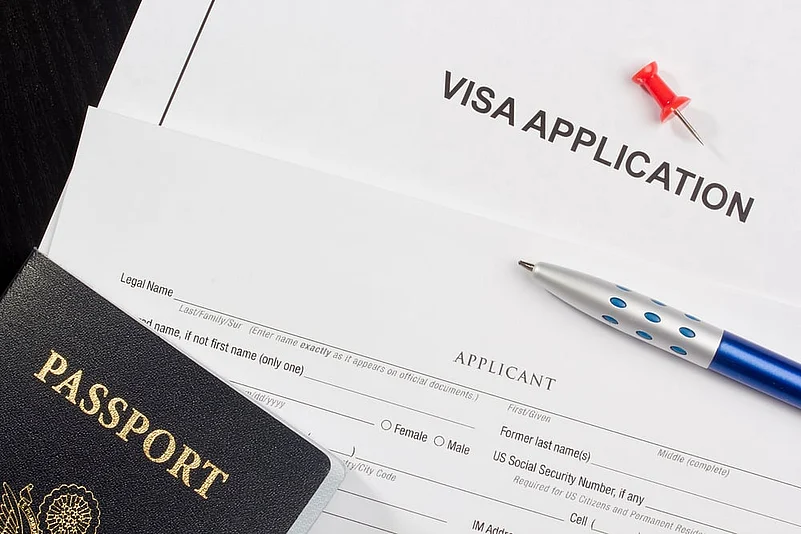Application for a student visa is one of the most important steps in the preparation of your study abroad. While the charge of applying for the visa itself is straightforward, there are several others that an international student might experience. Understanding these costs can help you plan better and avoid surprising financial shocks down the line in the application process.
Mandatory Expenses
The most critical cost during the application process is the cost for the visa application. For instance, a UK student visa will cost the students around 490 Euros. In the USA, the F1 visa for international students costs around 510 USD which includes a DA-160 visa application fee of 160 USD and a SEVIS (Student and Exchange Visitor Information System) fee of 350 USD. In some countries, international students are bound to take health insurance. In Australia, the Overseas Student Health Cover (OSHC) is mandatory for every international student, the cost of single coverage starts from 438 AUD and goes up to 609 AUD. In the USA, universities typically require health insurance which can cost 1,000 to 2,500 USD per year which is around Rs 80,000 to Rs 1.6 lakh. In addition, there is the requirement of proof of English language proficiency by the students either in the form of IELTS or TOEFL scores to even qualify for a visa. The fee for the IELTS exam stands at about Rs 17,000, and that of the TOEFL exam is approximately Rs 16,900. These are direct costs, though do keep in mind that a student may have to spend extra money if they want to retake an exam.
Blocked Accounts and GIC Requirements
Blocked accounts or GICs may be required to demonstrate stability of finances for countries like Germany and Canada. This is established at 11,904 Euros for one academic year or almost 992 Euros per month in Germany for a blocked account that students will be required to maintain for visa purposes. Currently, the GIC amount for international students coming to Canada to pursue studies is 20,635 CAD, which is approximately Rs 12,75,878 in January 2024. The amount, therefore, is doubled compared to the former GIC requirement which was 10,000 CAD and places it at a pretty decent upfront expense.
Medical Tests
The last often thought of expenditure is a medical one. The UK and New Zealand require a TB test as a requirement of the visa application process. Fees for this are slightly different throughout India, with the cheapest around Rs 1,200 to the very expensive up to Rs 3,000. For instance, in New Delhi, it would be about Rs 2,700 while in Coimbatore it would be around Rs 1,800. Students are advised to search "Tuberculosis (COUNTRY)" on the gov.uk website to get a more specific cost.
Other Costs to Consider
For non-English speaking countries, documents such as transcripts or bank statements may need certified translations or apostille stamps, costing Rs 5,000 to 10,000 per set. Some of the major costs involve traveling costs, health check-ups, issuance fees on certificates, and other minor costs. However, there could be additional fees to the process as one acquires a visa. This includes the cost of courier services by sending or delivering documents, translation and notarization of certificates, and costs incurred in the visa interview. Accommodation and subsistence costs are also charged to the students until when the student's visa has been approved.
Pre-Arrangement of Secondary Costs
The process of getting a student visa can be pretty harrowing, especially since several of its costs are hidden. Understanding the full scope of these expenses and planning ahead can make it easier to manage your finances. Do not forget to check out the official government websites for the most recent and accurate information on visa requirements and associated costs. With proper budgeting, it will make the experience of studying abroad well-managed and rewarding.











